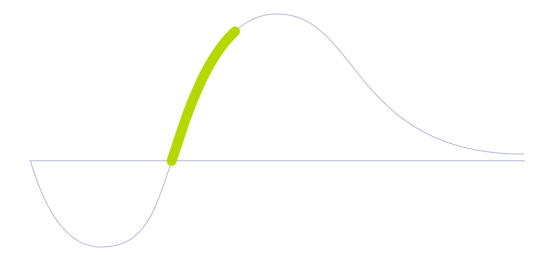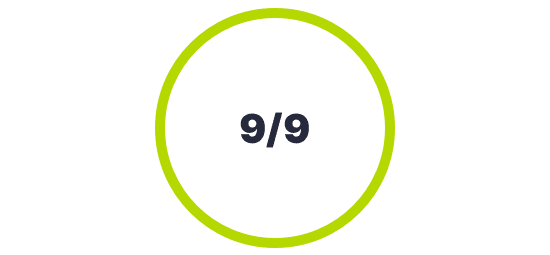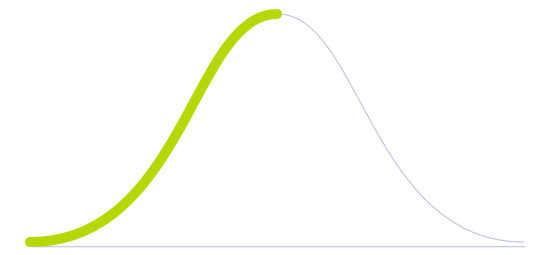Quantified Self

Technology Life Cycle
Marked by a rapid increase in technology adoption and market expansion. Innovations are refined, production costs decrease, and the technology gains widespread acceptance and use.

Technology Readiness Level (TRL)
Technology is operative and demonstrates considerable market competition among manufacturing industries.

Technology Diffusion
Adopts technologies once they are proven by Early Adopters. They prefer technologies that are well established and reliable.

Quantified self is a movement that encourages individuals to use self-tracking tools to gather data on their physical and mental health, behavior, and performance. The goal is to gain insights into one's own patterns and to optimize one's daily routine and overall well-being.
The technology used for quantified self can include various types of wearables, such as fitness trackers, smartwatches, implants, and health apps that collect data on a wide range of parameters, including sleep, exercise, heart rate, glucose levels and nutrition. Other tools used include self-reported surveys, mood trackers, and goal-setting apps.
The data collected can be analyzed and visualized in different ways, allowing individuals to track changes over time and make informed decisions about their health and lifestyle. By using this approach, individuals can identify patterns in their behavior to help them make positive changes in their lives, such as getting more exercise, improving sleep quality, adjusting their diet or even better time or finance management.
Currently, there is a rising concern regarding the use and manipulation of the data collected. Popular cases related to data leaks have led consumers to an ethical dilemma between efficiency and privacy. Although privacy and accountability efforts are required, both from companies and governments, this movement also brings new ways to tracking methods, which could subsequently help in manifold industries, such as healthcare, finance, and many more.
More than providing registers, quantified-self platforms are being remodeled to give support to consumers while openly considering diversity and particularities (for example, senior consumers, women's health, people with diabetes, and child support).
Future Perspectives
Digital assistants could work as a catalyst for all tracking apps by analyzing and processing all collected data and offering therapeutic and life coach-style advice regarding health, fitness, dating, professional tips, and education. However, as these systems become more pervasive, it becomes of utmost importance for companies to ensure the privacy of user data. Integration with blockchain systems could not only enforce security in data transactions but also offer connections with reward programs and, finally, the tokenization of behavioral data.
Image generated by Envisioning using Midjourney